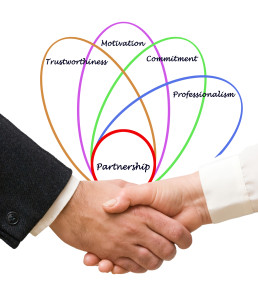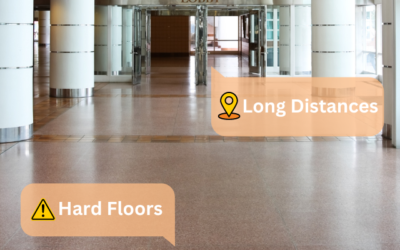The dawning of a new year is a welcome opportunity to look at your current vendor partnerships and seek ways to optimize how they can better work for you. It’s a perfect time to reflect on what you’ve done in the past when planning your events and then resolve to make those processes easier for yourself. Consider delegating some tasks and you’ll undoubtedly reduce stress and anxiety. Given my experience in serving as the liaison between my clients and their contracted local onsite staff, I know there are proven, efficient ways of navigating this partnership.
One of the greatest benefits of hiring a local event professional is that you’re now part of a team. You can entrust this person to be accountable to you and responsible for the tasks at hand. Over the years, I’ve learned there are definite best practices that will ensure you have the support you need and provide you with the greatest return on your investment. Here, let’s start at the beginning.
 Develop a Plan and Ask Yourself Questions. Why you are hiring local staff? How can you best utilize this assistance? What are your expectations? What tasks would you like for your local staff to help you with?
Develop a Plan and Ask Yourself Questions. Why you are hiring local staff? How can you best utilize this assistance? What are your expectations? What tasks would you like for your local staff to help you with?
- Make Lists and Check them… Twice! Organization is essential to the success of your event. Create a timeline for what you want to accomplish and when so that you can share this information with your temporary meeting professional (securing the venue, inviting guests, monitoring registration, speaker travel, BEO preparations… etc.). Be sure to set realistic expectations with your checklist because we all know that anything done in haste is inevitably, a waste.
- Communicate; Don’t Hesitate to Share. Open communication will be a critical component in this partnership. Reach out to your local onsite meeting professional and introduce yourself. Initiate an honest conversation where you convey exactly what your expectations are in working together. Confirm how and when you will continue to communicate moving forward (calls, texts, emails…etc).
- Set Yourselves Up for Success. When contracting with a local event professional take the time to draw up an instruction guide, which is a manual of sorts. Here just a few topics to consider and clarify when composing your guide:
- What is the name of the meeting and how will it be identified at the venue?
- Who is the end-client and will they have representation onsite?
- Who are the attendees?
- Who are the emergency contact and what are their phone numbers?
- What is the required attire?
- What is the agenda with time flow?
- What are the pre-meeting responsibilities?
- Will AV equipment be onsite and are there responsibilities related to that?
- Who will be responsible for the review of the BEO?
- How will the registration process be handled?
- Will you be providing your event professional with speaker information (contact info, travel itinerary)
- What are the post-meeting responsibilities? What tasks need to be completed after the meeting?
- Have Confidence in your Partnership. Once you and your meeting professional have conducted a thorough review of your checklists and guide, you will need to put trust and faith in all the preliminary work you’ve accomplished.
In the end, hiring a local event professional should not only be considered a savvy financial decision, but also one that leaves you feeling confident that the partnership was instrumental in ensuring the overall success of your event.
What are some of the biggest successes and/or challenges you’ve encountered when hiring local onsite event staff? Leave a comment here. I’d love to hear from you!






Thanks for mentioning that you should develop a plan and ask yourself why you are hiring event planning. You also mention making a list and checking around to make sure that you stay organized. I think it’s a great idea to hire event planners that have experience in your specific industry.
This is a nice post.It has a good tips here. Thank you for sharing.